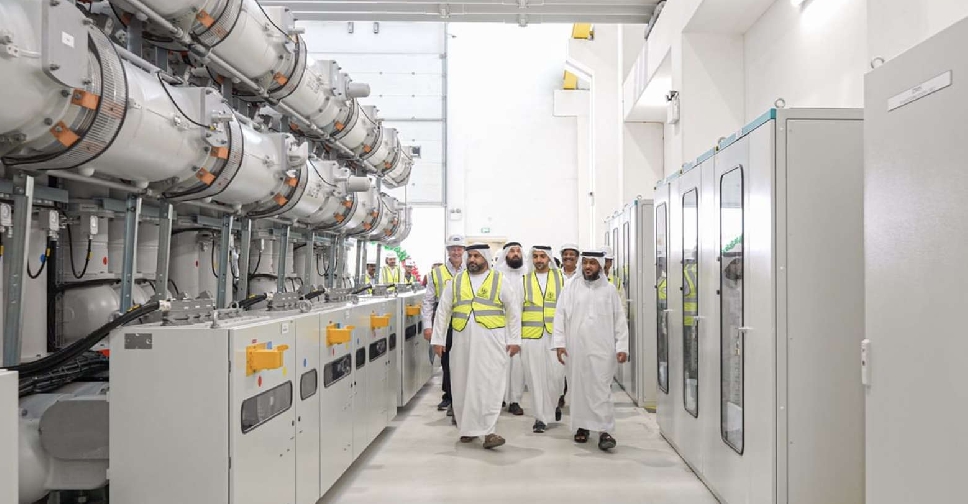
Here's something to talk about the next time a headhunter calls you. The share that the top 1 percent of earners in the U.S. take from total wages has almost doubled since the 1970s, and Alexey Gorn, a researcher at Bocconi University in Milan, Italy, suggests it may have something to do with the simultaneous rise of professional recruitment firms. In a paper, presented at last week’s European Economic Association conference in Geneva he argues that at least 40 percent of top earners’ wage growth can be traced back to headhunters offering exclusive opportunities to high-skilled workers at the best firms - along with a paycheck that less-well trained people won't ever see. "Headhunters are better at screening because they collect huge databases of candidates, and so they can pick already knowing the person’s skills and experience levels,” Gorn said in a telephone interview. The fact that they are able to approach workers who are usually not actively seeking a job reduces labor-market frictions and allows for more efficient matching, which also leads to proportionally higher wages, he said. The top 1 percent of earners in the U.S. made 11 percent of the nation’s wages in 2010, compared with 6 percent in 1978, according to economist Thomas Piketty, author of the 2013 bestseller "Capital in the Twenty-First Century." Gorn's research finds that countries in Europe that have become more exposed to the work of recruitment firms show similar patterns. To determine the impact headhunters might have on wage inequality, Gorn developed a model based on U.S. labor-market features in the 1970s and 2010s. According to his calculations, the introduction of headhunters leads to a significant shift of high-skilled personnel toward the most productive firms. Likewise, less-productive firms have lost top workers, and less-skilled laborers have forgone a shot at the best-paying jobs. Gorn suggests that finding a way to channel a part of those high incomes back to low-skilled workers may be one solution to address the inequality. The higher earnings brought by the greater efficiencies allow for a higher top rate of income tax, he said. “Those additional taxes could then be redistributed to lower-income workers who aren’t offered those opportunities.” (By Carolynn Look/Bloomberg)

 RTA completes 40% nol digital payment system upgrade
RTA completes 40% nol digital payment system upgrade
 OpenAI and Musk agree to fast tracked trial over for-profit shift
OpenAI and Musk agree to fast tracked trial over for-profit shift
 Starship, carrying Tesla's bot, set for Mars by end-2026: Elon Musk
Starship, carrying Tesla's bot, set for Mars by end-2026: Elon Musk
 Tesla warns it could face retaliatory tariffs
Tesla warns it could face retaliatory tariffs
 Abu Dhabi Fund for Development launches luxury hotel project in Egypt
Abu Dhabi Fund for Development launches luxury hotel project in Egypt




